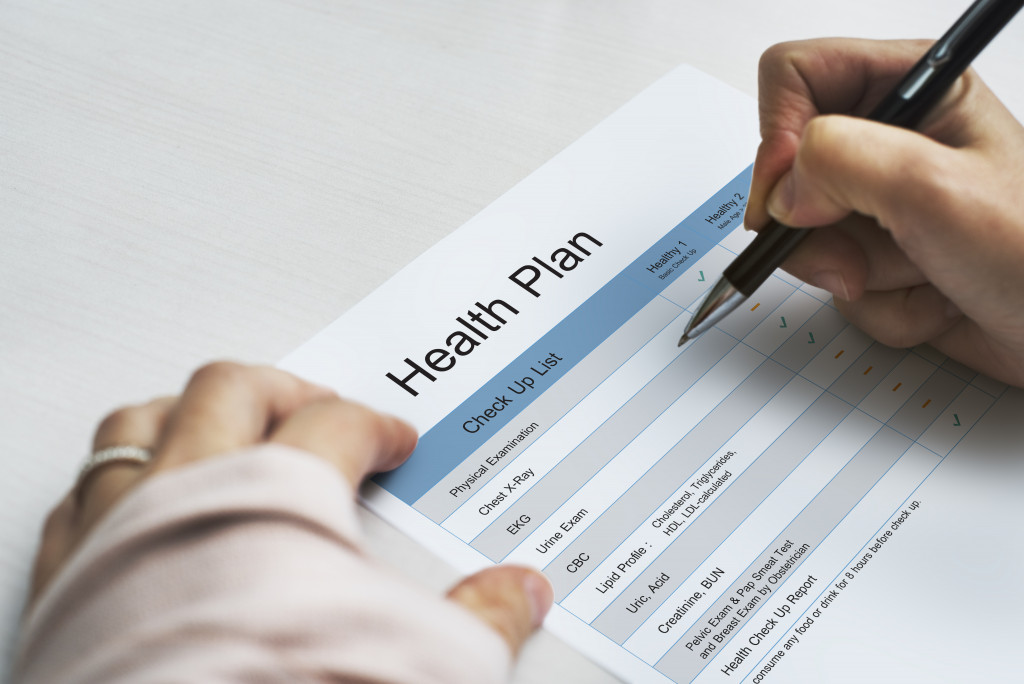If there’s one key that opens the door to a happier and longer life, that must be our health. Ideally, a person needs good hygiene habits, a balanced diet, and ways to stay active in order to live a healthy life cycle. Health gives you the ability to adapt to the external changes you’re exposed to, whether it’s social, mental, or physical.
But while recognizing health as the center of your life is easy, protecting yourself from the expenses that come with it isn’t that simple. In fact, even the people who live the most conscious and healthy life isn’t safe from unexpected health issues. So, even if you feel strong, healthy, or young today, we still recommend preparing for unexpected medical expenses. Here are a few tips for you to follow.
Start with a payment plan
You can’t obviously prepare for your future medical expenses if you can’t handle your current ones. For such reason, it’s best to put your existing medical bills on a payment plan if it’s offered by your provider. Most established medical providers and hospitals nowadays have monthly payment plans to work on the patient’s budget. If you’re lucky, your provider won’t charge you with interest. No matter what avoid placing any existing healthcare debt on your credit as it can only accumulate high interests over time.
Organize your finances
Preparing your finances for unexpected medical expenses can be confusing, especially if you still have medical debts to pay for. Still, it’s best to prep your finances for the future. You can start with a health emergency fund that you can use to pay for medical supplies, prescriptions, and copays that you could be putting into your credit cards. Regardless of the type of medical emergency, you’re planning to prepare for, it best to start with the deductible on your health insurance. If you have a deductible of $3,000, it’s best to have a medical sinking fund that can cover that.
You also have the option to add money to your medical fund every money, whether it’s a fixed amount or not. However, in case you’re not sure how to properly and consistently budget and save, seek help from a financial planning expert. They can help you take control of your expenses and income, as well as manage your money while considering your healthcare goals.

Find the best health plan
In case you still don’t have a health plan, this is the time to open one. Depending on you or your family’s medical needs, the benefits can vary each year. When comparing health plans, take note of your family members’ routine prescriptions, the number of doctor visits, and other health-related services. Don’t forget to also check on the deductibles and monthly premiums.
You can opt for a high-deductible health plan with lower premiums if your family doesn’t visit the doctor that often. Generally, you’ll be qualified to open a health savings account from availing such plans. Nonetheless, be certain that you understand the entire coverage of the plan and the costs that come with it.
Talk to your doctor
Talking to your doctor and discussing your options is an important step in preparing for future medical emergencies. For instance, you can share with your doctor the covered prescription medications in your insurance and ask if the best yet affordable medications for you. It’s also important to be open with your doctor regarding your finances. Doing so can help you negotiate for medical bills or the physician’s rate. Furthermore, ask your doctor how you can lower your current prescriptions. They can probably refer you to patient assistance programs that assist low-income individuals to get low-cost or free medication.
Focus on preventive measures
Lastly, be sure to take preventive measures to take care of your health and well-being. Don’t skip your medical checkups to detect underlying health issues, including mammograms and annual physicals for both you and your kids. At the same time, make sure that your kids are updated with their vaccines to reduce the risk of diseases or illnesses. In case you’re planning to take supplements, we highly suggest you consult your doctor first. While there are studies that claim supplements are effective for improving health, not all are safe or has positive effect so be careful.
It’s imperative to always be prepared when it comes to your health, regardless of how healthy or young you still are. With these steps, you are not only protecting your finances from the expensive medical bills. They are also critical for securing your overall health and well-being, and most of all, your future.